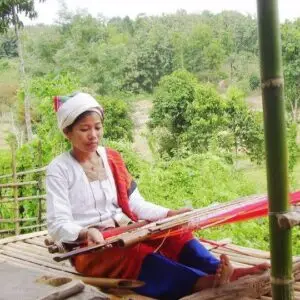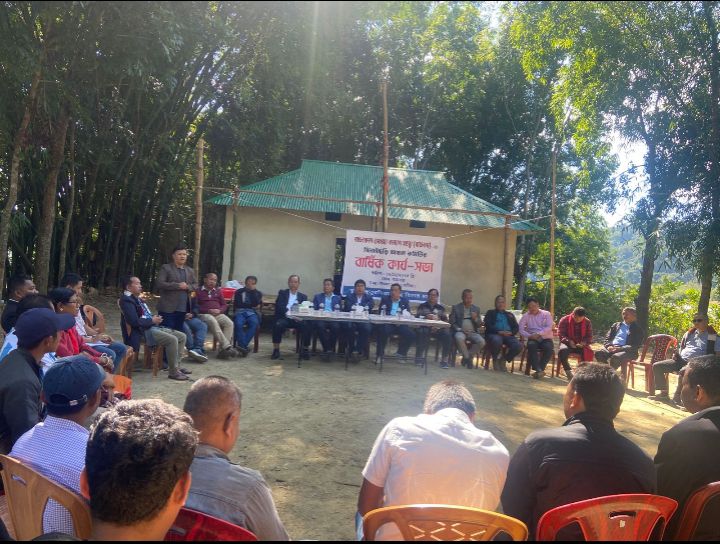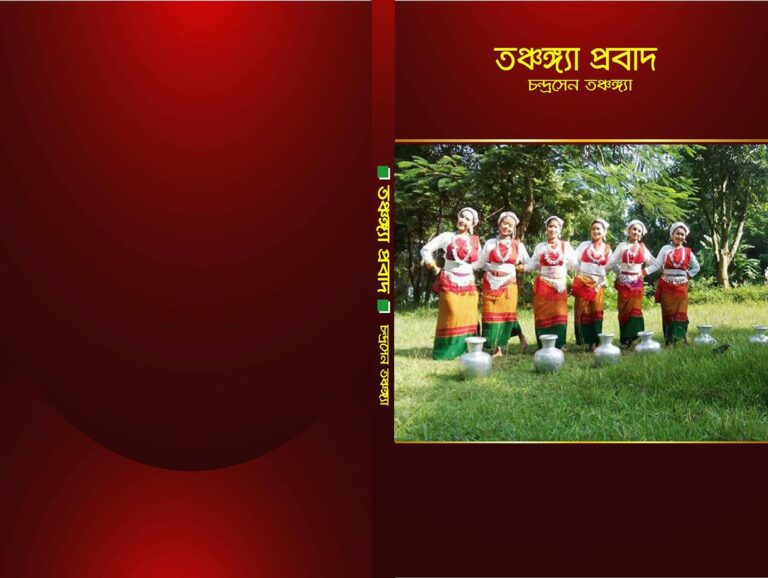The Bisu Festival is one of the most significant cultural celebrations for the Tongchangya people. Observed primarily by those who follow the Lunar Calendar in Asia, it takes place in April, marking the transition from the old year to the first day of the Bengali New Year. For the Tongchangya, Bisu Mela is a time for enjoyment and relaxation, where “Bisu” means New Year and “Mela” signifies festival in their language. Villages come alive with grand celebrations during this festive period.
Three Days of Bisu
Traditionally, the Bisu Mela is celebrated over three days, although festivities often extend beyond this timeframe. Each of the three days has its significance:
Phul Bisu
The first day of the Bisu Festival begins on the last day of the old year. On this day, people gather by rivers to offer flowers and candles to the Mother Ganga. They believe that these offerings will bring health and prosperity while dispelling misfortunes. This practice has roots in Hindu traditions.
Mul Bisu
The second day coincides with the last day of the old year. Families prepare a variety of dishes, claiming to cook as many as one hundred and eight different types of vegetables. Guests are invited to share in the feast, and it is believed that consuming these diverse vegetable curries can help cure various ailments. Traditional foods known as “Pason Chon” are also prepared to serve to visitors.
Nawa-Bawsaw
The third day marks the first day of the New Year (Bhoisak of the Bengali calendar) and is the culmination of the Bisu Festival. On this day, people visit temples to participate in Buddha Puja, observe moral practices, meditate, and listen to Dhamma talks. After the festivities, it is customary to enjoy drinks in the evening, leading to a state where people may feel too relaxed to lift their heads, on the day of New Year.
Culture and Customs
During the festival, participants don traditional attire and visit Buddhist monasteries. They observe the five precepts and engage in good deeds, such as cleaning the monastery and surrounding paths. Some individuals choose to observe the eight precepts, spending their time listening to Dhamma discourses and practicing meditation.
The Bisu Mela is a cherished and sacred festival for the Tongchangya people, occurring only once a year. After the celebrations conclude, many look forward to the next Bisu Mela with great anticipation.




